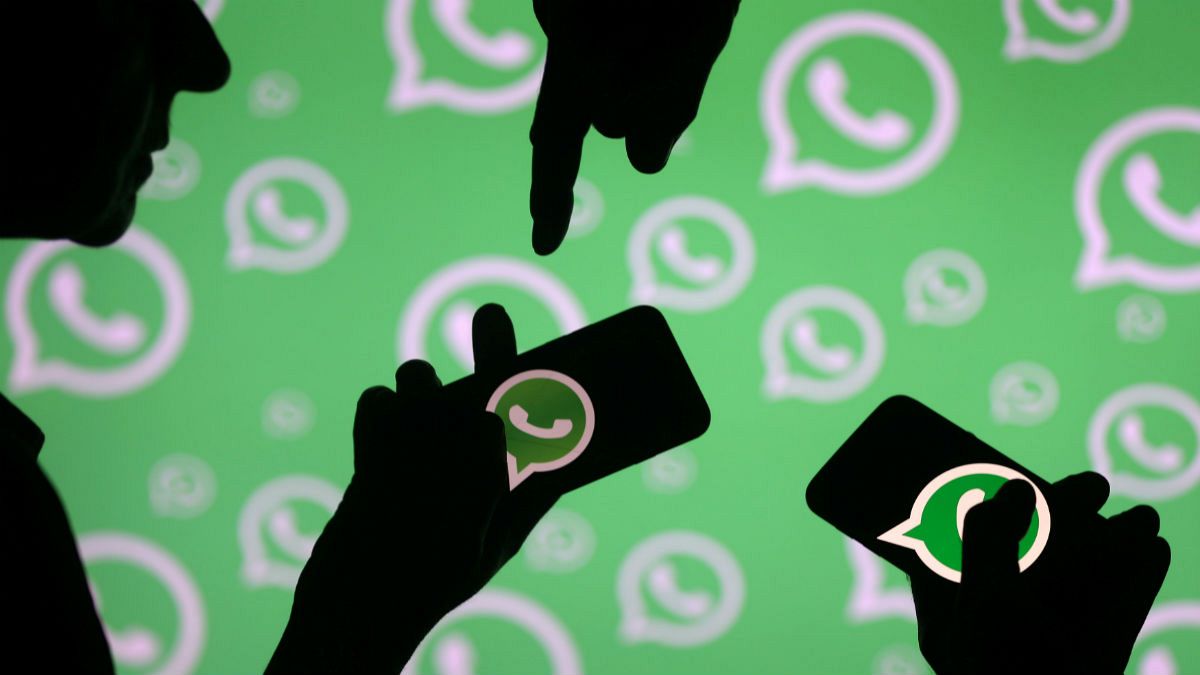Terrorism, migration and elections have all seen online liberties restricted in recent years.
Europe’s freedom champions Britain, France and Germany have all clamped down on their citizens’ internet liberties, it’s claimed.
While the trio pale in comparison to China, Iran and Russia there has been a gradual worsening of online freedoms in the last year, say Freedom House (FH).
It came as the watchdog also revealed elections in 18 countries, including the US, were influenced by disinformation campaigns over the last 12 months.
FH ranked countries from 0 to 100 according to their control of what people said, did and shared on the web, with a zero indicating complete freedom.
Hungary was the worst of the European countries it studied, but France, on 26 points, was just three behind Budapest.
Its increase was linked to blocking content that was judged to incite or condone terrorism after a series of jihadist attacks rocked the country.
There were 874 requests to block sites between March 2016 and February 2017, compared with 312 during the previous period.
Content was also restricted in Germany to combat fake news about the country’s refugee influx and election.
Legislation was passed to allow social networks to be fined if they failed to remove content judged to be terrorist propaganda, fake news or hate speech.
The UK, meanwhile, has restricted users’ rights by “monitoring information flows” in a bid to combat terrorist and hate speech online, say FH
“European countries have been quick to legislate in the wake of terrorist attacks, introducing measures that could compromise security for everyone,” said the report.
“Anti-terrorism legislation passed in Hungary in July 2016 requires providers of encrypted services to grant authorities access to client communications.
“The United Kingdom’s Investigatory Powers Act, passed in November 2016, could be used to require companies to “remove electronic protection” from communications or data where technically feasible.”
Britain’s home secretary, Amber Rudd, speaking after terrorist attacks in London over the summer, said “real people” did not use the encryption provided by the likes of the Facebook-owned WhatsApp messaging service.
The report continued: “Restrictions on encryption continued to expand, perpetuating a trend that Freedom on the Net has tracked for a number of years. At least six countries – China, Hungary, Russia, Thailand, the United Kingdom, and Vietnam – recently passed or implemented laws that may require companies or individuals to break encryption, offering officials so-called backdoor access to confidential communications.
“Encryption scrambles data so that it can only be read by the intended recipient, offering an essential layer of protection for activists and journalists who need to communicate securely. But even democratic governments often perceive it merely as a tool to shield terrorist and other criminal activity from law enforcement agencies.”
